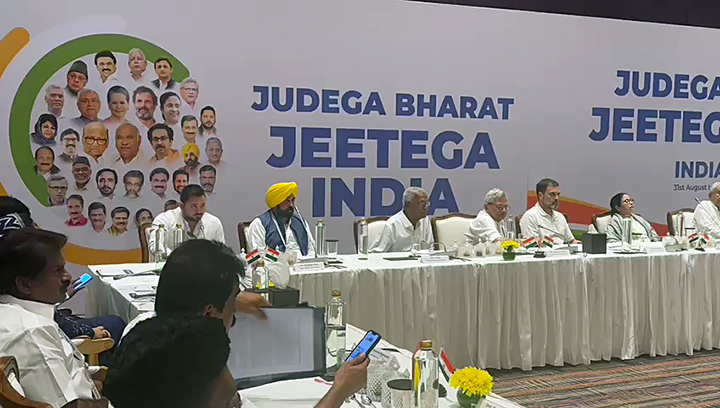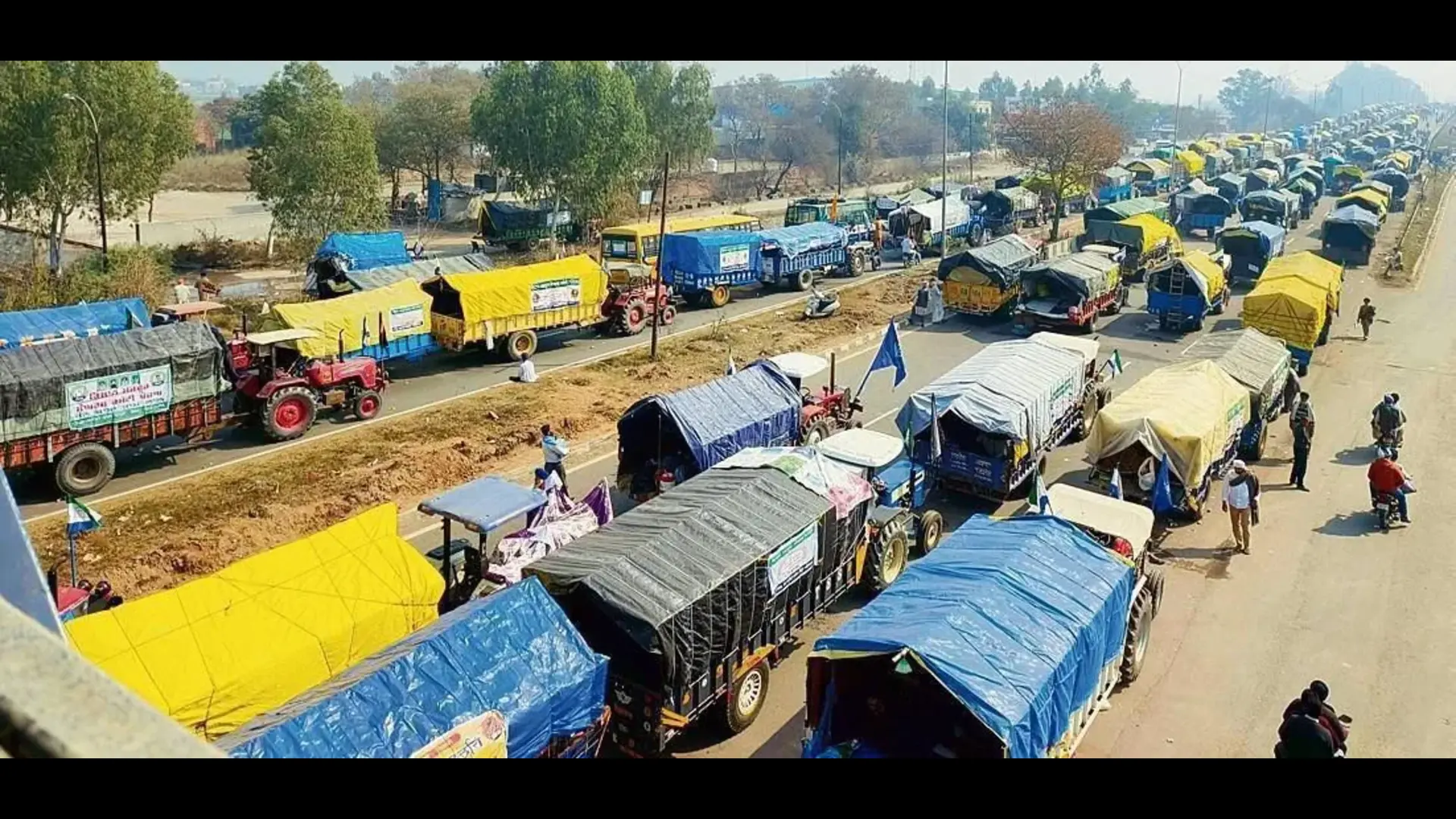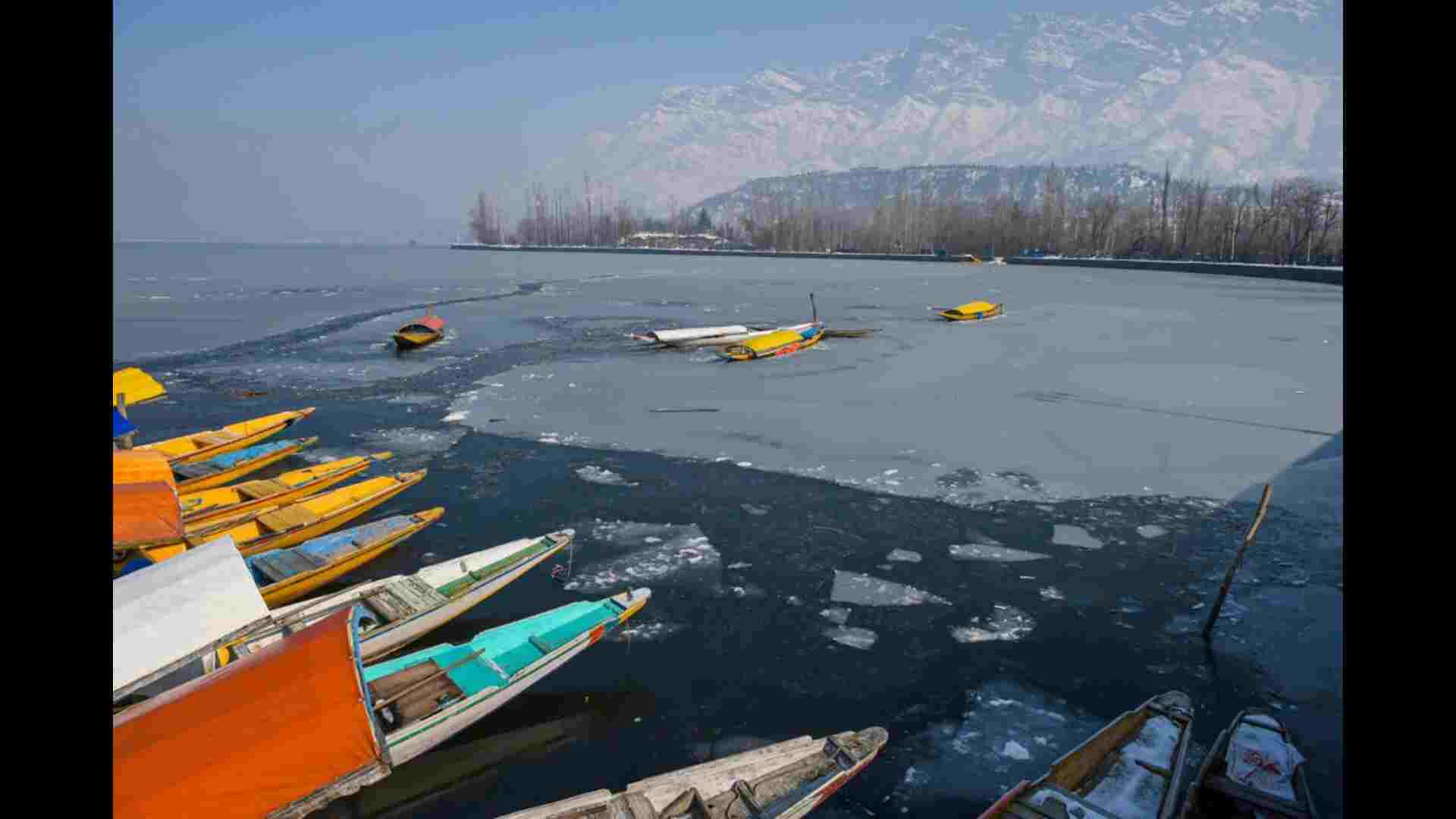The assembly election in Madhya Pradesh, Chhatis garh and Rajasthan are going to be held soon. The various political parties have started their election campaign in their own ways. The rallies of the star leaders of political parties have started.PM Narendra Modi has also addressed few rallies in the election prone states such as Madhya Pradesh, Chhatis garh and Rajsthan. While doing fieldwork in the state like Madhya Pradesh I heard at the most of the places ranges from tea shops to coffee house -liberal addas-, dhabas, railway platforms and also in the buses and trains the statements like Modi achha bolate hai.(Modi’s speech becomes impressive).
Some of the journalists and academicians from both the ideological side-right or left also opine that -’ PM Modi is master narrator of Indian politics. There may be agreement or disagreement on the what he said but there is minimal disagreement on influential forms of his political narratives.
What we observed in most of his political speeches – the key tone of his speeches is ‘well designed political polemics with the opposition. In most of his speeches, he uses successfully’ polemics as device’ for unsettling the arguments of his opponents. This polemical way of explaining his ideology, vision and governance, in fact destruct effectively, the narrative planning of his political opponents, either in parliament or in rallies or on the roads. As master narrator first of all he identifies and map the locations of his oppositions and creates a relation of’ narrative versus’ with them and pushes his argument without any ambiguity. While pushing his arguments, like other great leaders he keeps simplifying his massages with clarity which may easily connect with the common public.
He uses polemics as form of his narrative craft to make big statement of his politics. These big statements work in two ways-firstly, they reflect his vision and secondly, increase hope and aspiration in the listeners. He creates emotional intensity in his speech through figurative language and by using appropriate and relevant metaphors. He derives his metaphors from both the sources-traditional past and modern present and weaves them with images and planning of future. He weaves polemical narratives with aspirational discourses in his speeches to make them more influential. In his most recent speech on Independence day he pushed a polemics between memory of thousand years of past and thousand years of coming future.
The satire works as thread bearer of polemical structure of his narratives, which makes his opposition helpless in this ongoing war of narrative. The giving term of newly formed opposition alliance named I.N.D. I. A as ‘Ghamandiya’ is most recent example of using satire as narrative instrument in his polemical deliberations. Some people says that satire disturb the seriousness of discourses but we know even serious philosopher like Karl Marx used frequently satirical element in his polemical literatures. We may remember he used the term like ‘Mr. Moneybag class in discussing capital and phenomenon of wealth while articulating his argument. As we know jokes as narrative genre some time also bears deep satirical effect. Jawahar Lal Nehru, first prime minister of independent India also kept using soft satire in his speeches specially targeting his opponents such as Ram Manohar Lohia and Jay Prakash Naarayan.
As we know polemics always remained a powerful tool in political discourse not only in India but all over the world. The communist manifesto written by Karl Marx and Fredric Engles is well known text of polemics in ideological political literature. The polemics appeared as widely used narrative craft in philosophical and religious discourses too. In India we have strong tradition of polemics as represented by vad-vivad and samvad of our saints and seers. Mahatma Buddha, Shankaracharya, Kabir and many other used polemics in their discourses and debates with their oppositions. Baba Sahab Ambedkar and Ram Manohar Lohia evolved powerful polemics in their discourses, which influenced deeply the making of our contemporary politics of democracy.
In fact, while arguing with his opposition’s leaders, PM Modi converses with the public, knowing that public is a real taker of all the debates and discussion in democratic politics. It is true that public is all pervasive and present every where in the time of’ virtual normal ‘and’ media-scape’ as the term coined by Arjun Appadurai to denote –‘time of media’. It is true that many other politicians of contemporary Indian politics use polemics as narrative device but some time they fail in sharpening their polemics due to unclarity of thoughts and not able to evolve supplementary figurative language and mishandling of satirical elements.
The politics of democracy is a domain of continuous contest which reflects in parliamentary and electoral debates. Being a sphere of contest, it requires polemics as an effective craft of narrative of politicians for defending their ideology, vision and contribution for the masses. But in democracy which is widely perceived as domain of consensus, the polemics which most of the time exacerbate dissent instead of resolving it. Sometimes the question is being raised by some of the political theorist that- do polemics appears as relevant narrative device in the politics of democracy? In fact, since our politics which is day by day, turning as aggressive competitive politics, the polemics as discursive device may work as one of the effective way of management of dissent in democracy.
However, it is very difficult to measure and quantify that how much his skill of oratory contributes in his constant success in politics, but most of the political analysts realize the importance of his speech craft in the making of his effective political persona. He is armed with polemical narrative as Brahmastra in coming electoral Mahabharata of 2024, the coming parliamentary election which is going to be held in few months, we may see how opposition evolve its own narrative strategy to reply PM Narendra Modi’s craft of narrative that effectively invents and renew(puarnava) itself with changing time and context.






